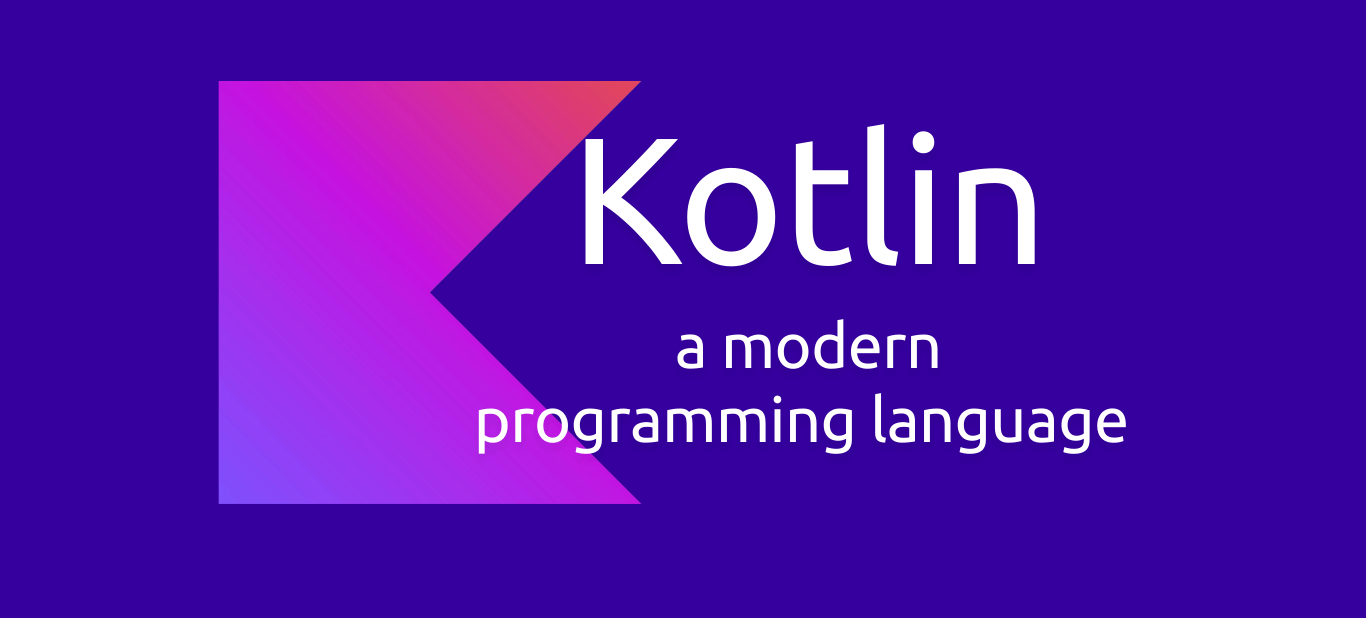Introduction to Kotlin: A Modern Programming Language
Kotlin is a modern, statically typed programming language developed by JetBrains in 2011. It was designed to be fully interoperable with Java while addressing some of its limitations

What is Kotlin?
Kotlin is a modern, statically typed programming language developed by JetBrains in 2011. It was designed to be fully interoperable with Java while addressing some of its limitations. In 2017, Google announced Kotlin as an official language for Android development, significantly boosting its popularity.
Kotlin is concise, expressive, and designed to improve developer productivity. It runs on the Java Virtual Machine (JVM), can be compiled to JavaScript, and supports native platforms via Kotlin/Native.
Key Features of Kotlin
1. Concise Syntax
Kotlin reduces boilerplate code compared to Java. For example, a simple data class in Java requires multiple lines, whereas Kotlin achieves the same with a single line:
data class User(val name: String, val age: Int)
2. Null Safety
Kotlin eliminates the dreaded NullPointerException by distinguishing between nullable and non-nullable types:
var nonNullable: String = "Hello" // Cannot be null
var nullable: String? = null // Can be null
3. Interoperability with Java
Kotlin is 100% interoperable with Java, allowing developers to use existing Java libraries and frameworks seamlessly.
4. Coroutines for Asynchronous Programming
Kotlin provides built-in support for coroutines, making asynchronous programming simpler and more readable:
suspend fun fetchData() {
val result = withContext(Dispatchers.IO) {
// Perform network request
}
println(result)
}
5. Extension Functions
Kotlin allows adding new functions to existing classes without inheritance:
fun String.addExclamation(): String = "$this!"
println("Hello".addExclamation()) // Output: Hello!
6. Smart Casts
The Kotlin compiler automatically casts types when certain conditions are met:
when (x) {
is String -> println(x.length) // x is automatically cast to String
is Int -> println(x + 1)
}
7. Functional Programming Support
Kotlin supports higher-order functions, lambdas, and immutability:
val numbers = listOf(1, 2, 3)
val doubled = numbers.map { it * 2 } // [2, 4, 6]
Why Use Kotlin?
Android Development: Preferred over Java due to its concise syntax and safety features.
Backend Development: Works with frameworks like Spring Boot and Ktor.
Multiplatform Development: Kotlin Multiplatform allows sharing code between iOS, Android, and web apps.
Tooling Support: Excellent IDE support in IntelliJ IDEA and Android Studio.
Getting Started with Kotlin
1. Install Kotlin
You can use Kotlin via:
IntelliJ IDEA (built-in Kotlin support)
Android Studio
Command Line (using Kotlin compiler)
2. Write Your First Kotlin Program
fun main() { println("Hello, Kotlin!") }3. Run Kotlin Online
Try Kotlin without installation on the official Kotlin Playground.
Conclusion
Kotlin is a powerful, modern language that enhances productivity and reduces common programming errors. Its interoperability with Java, concise syntax, and strong community support make it an excellent choice for Android, backend, and multiplatform development.
Whether you're a beginner or an experienced developer, learning Kotlin can significantly improve your coding efficiency and open up new opportunities in software development.